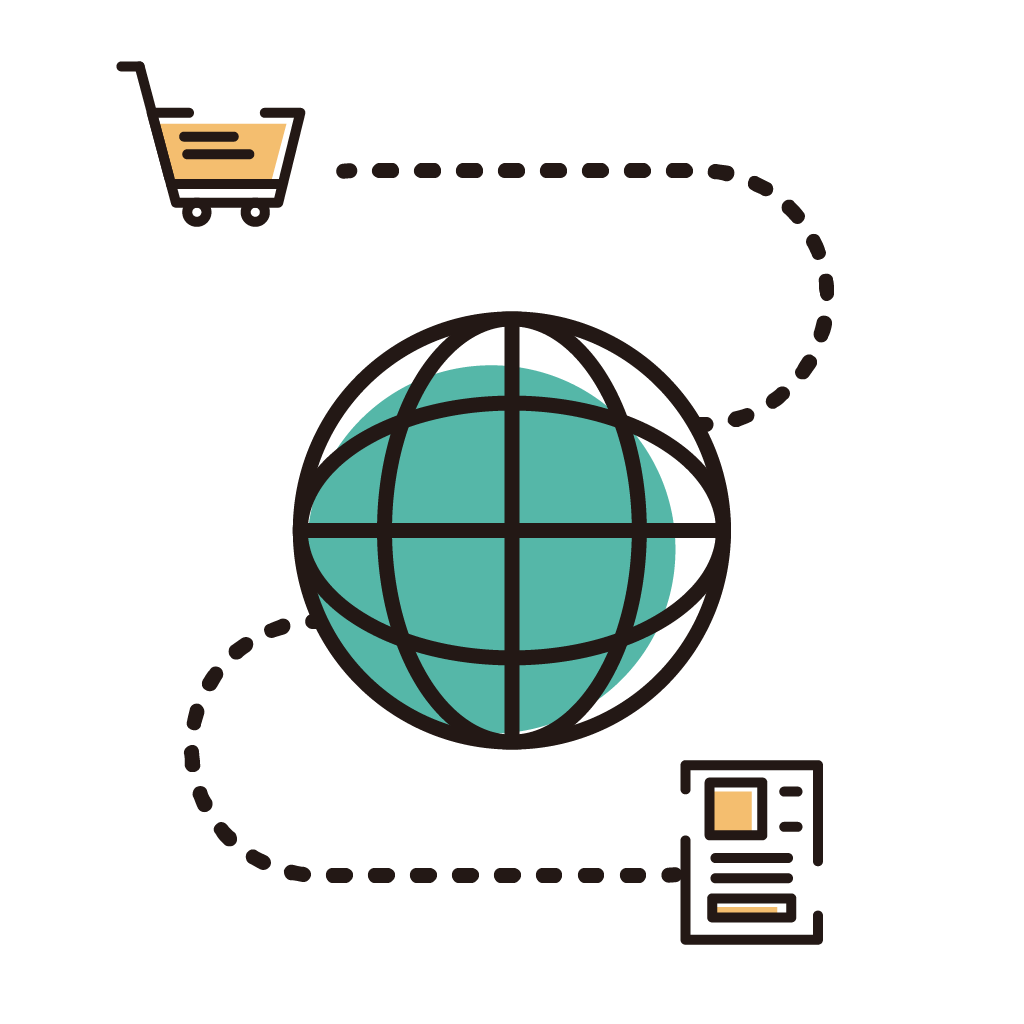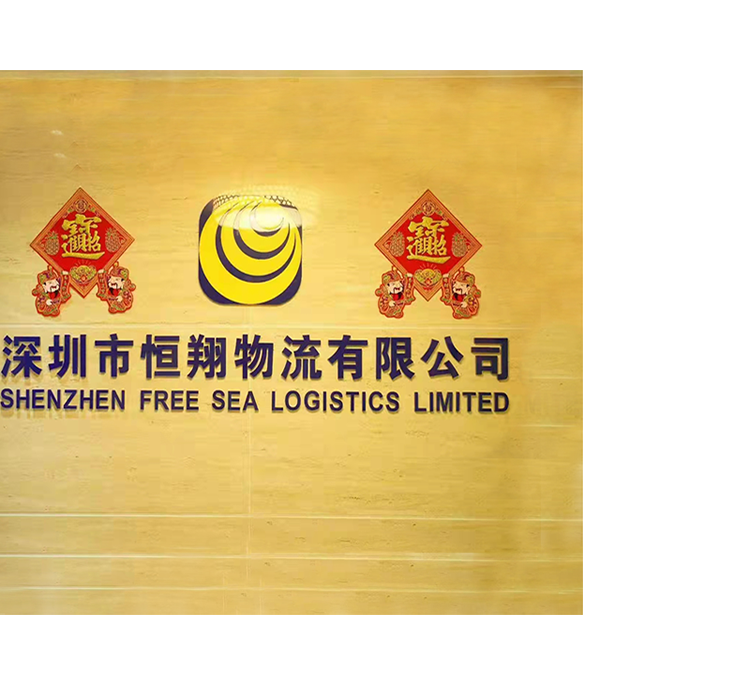When it comes to international shipping, businesses face the critical decision of choosing the best mode of transport for their goods. The two primary options—ocean freight and air freight—each come with their own set of advantages and challenges. Understanding the differences between these two methods and how they align with your specific shipping needs can help you make the most cost-effective and efficient decision. In this guide, we will explore the key factors to consider when choosing between ocean freight and international air freight.

Why Understanding International Air Freight Is Important
International air freight has become an essential part of global logistics and supply chains, offering several advantages for time-sensitive shipments. The ability to quickly move goods over long distances is a key reason why air freight is often chosen for high-value, perishable, or urgent shipments.
Here’s why understanding international air freight is so important:
Speed: Air freight is the fastest mode of transport for international shipments. If you need to deliver products quickly, air freight offers a much shorter transit time compared to ocean freight, making it ideal for urgent deliveries, high-demand products, or time-sensitive projects.
Security: Air freight offers higher levels of security compared to ocean freight. Cargo is closely monitored, and with fewer stops, there is a lower risk of theft or damage.
Reliability: Air freight generally offers more predictable delivery times due to fewer variables like weather conditions or port congestion that often affect sea transport. This can be especially important for businesses with strict delivery deadlines.
Key Factors to Consider When Choosing Between Ocean Freight and Air Freight
Cost:Ocean freight is usually the more cost-effective option for larger shipments and bulk goods. It’s significantly cheaper than air freight, especially for heavy, low-value items. However, air freight can be more expensive due to its speed and higher operational costs.
Speed:International air freight is unmatched when it comes to speed. If you need to get goods to their destination as quickly as possible, air freight is the best option. For long-distance shipments with tight deadlines, air freight can reduce transit time from weeks to days.
Cargo Size and Weight: Air freight has weight and size limitations, and it’s generally more expensive for heavy or oversized cargo. For larger shipments, ocean freight is more economical, as it can handle bulky, heavy goods at a lower cost.
Product Type: Certain products are more suited for air freight due to their high value or perishability. For example, electronics, pharmaceuticals, and fresh food items often require air freight to ensure timely and safe delivery. On the other hand, products like furniture, raw materials, and machinery that are less time-sensitive may be better suited for ocean freight.
Environmental Impact: If sustainability is a priority for your business, ocean freight is generally more eco-friendly than air freight. Ocean shipping produces fewer emissions per ton of cargo transported, making it a better option for businesses looking to reduce their carbon footprint.
Customs and Regulations: Both modes of shipping require customs clearance, but air freight tends to have quicker processing times due to its faster delivery schedule. However, ocean freight may involve more complex customs procedures due to the larger volume of cargo being handled at ports.
Why Choose Free Sea?
At Free Sea, we understand the complexities of international shipping and offer a range of logistics services designed to meet your business needs. Whether you’re considering ocean freight or international air freight, we provide tailored solutions to ensure your shipments are handled efficiently and cost-effectively.
Expert Guidance: Our team of logistics experts will help you choose the best shipping method based on your specific needs, whether it’s the speed of air freight or the cost savings of ocean freight.
Cost-Effective Solutions: We offer competitive pricing for both air and ocean freight, ensuring you get the best value for your shipping needs.
Global Reach: With a strong network of partners and carriers worldwide, Free Sea can help you ship goods to any destination, using the most efficient and cost-effective route.
Comprehensive Support: From customs clearance to tracking and delivery, Free Sea provides end-to-end support for your shipments, ensuring smooth and timely delivery.
Sustainability: We are committed to reducing the environmental impact of our logistics services, offering eco-friendly shipping solutions that align with your sustainability goals.
Conclusion
Choosing the right shipping method—ocean freight or international air freight—depends on a variety of factors, including cost, speed, and the nature of the goods being shipped. By understanding the strengths and limitations of each, you can make the best decision for your business. If you need assistance in determining the ideal shipping solution, Free Sea is here to guide you every step of the way.
Need help choosing the best shipping method for your goods? Contact Free Sea today to discuss your logistics needs and discover how we can help streamline your international shipping process.























